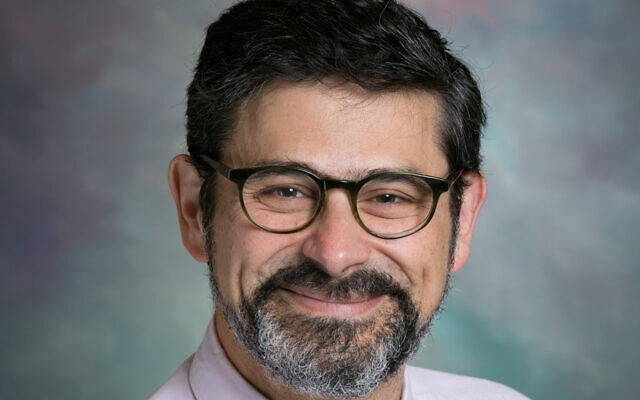David Abusch-Magder
David Abusch-Magder shares his Passover thoughts with you.

Every year when we recount the story of Passover, we are supposed to remember we, too, were slaves in Egypt. This year, when we sit down to have seder, we will tell the same story, but likely with fewer people around the table or with a computer at one of the chairs to virtually share the holiday with family and friends. No doubt, it will feel different, like so much of our lives of late. But the unique circumstances of this COVID-19 Passover present us with new understanding of one of the central ideas of Passover – the meaning of freedom.
As Americans and as American Jews, we are generally blessed with being able to take freedom for granted. We don’t think of going to the grocery store, going hiking in the park, or going to school as exceptional. Now we are sheltering in place and our movement is curtailed. The loss of these freedoms highlights how much we cherish them and challenges us to search for other blessings that are overlooked. Often, we are so busy with activities, school and work that we don’t take the time to just sit and read a book, go for a walk, or find new ways to connect with friends near and far. If we are to create meaning of this time, we need to focus on that which is possible and create new opportunities to make each day of social distancing full of light and freedom.
As the seder finishes, it is customary to say, “next year in Jerusalem.” My hope for us all is that, next year, we can celebrate Passover enjoying all of the freedoms we normally take for granted, as well as some of our newly discovered ones. That we can retell the story of this time with appreciation for how our community supported one another. That we cherish the moments of freely interacting with one another again.
Chag Sameach,
David Abusch-Magder, is head of school of The Epstein School.



comments